Beyond Muscle: Protein’s Diverse Benefits
Author: Daniel Agarwal
Protein can be found in every single cell of our body. It’s not just a staple for bodybuilders and fitness enthusiasts but a fundamental component of our daily diet. With its presence ranging from bones to enzymes, our dietary protein affects virtually every aspect of our health. In this blog, we will be exploring how a protein-rich diet can help improve your health and help you understand how to get the most out of your protein.
What protein sources are there?
Most animal products including meat, poultry, fish, eggs and dairy products contain high amounts of protein. They provide complete protein with all 9 essential amino acids that our body cannot produce. Animal protein can be easily absorbed and is bundled with nutrients such as B vitamins, iodine, iron and zinc. The downside of animal products is that they contain high amounts of saturated fats that raise the amount of LDL (“bad”) cholesterol in your body. These higher LDL levels are associated with a higher risk for heart disease or stroke. Because of this, organisations such as the NHS or Cancer Research UK advise to limit your consumption of red and processed meats.
There are also plenty of plant-based protein options including seeds, nuts, grains and pulses (lentils, beans, etc). Plant protein is classified as an “incomplete protein” meaning one source doesn’t contain all 9 essential amino acids. While “incomplete protein” has a negative connotation, you don’t need to get all essential amino acids from one source. There are even a few exceptions, which are complete proteins including peas, quinoa and soy products (tofu, edamame and tempeh). As long as you incorporate various different plant protein sources, you will gain enough of each amino acid and benefit from their fibre, vitamins (A, C, E, K), minerals (iron, calcium, magnesium, manganese, potassium etc.) and antioxidants.
Protein and muscle building
Since the beginning of gym culture, it seems that the connection between protein and muscle gain is inseparable. This is due to protein’s involvement in muscle gain and maintenance. The reason why your muscles are sore after exercise is that there are little tears in your muscle tissue. Protein helps increase the thickness and strength of our muscle fibres by assisting the repair process. Similarly, studies link more protein consumption (e.g protein supplements) to higher muscle synthesis after resistance training.
Contrary to popular belief, there are several studies concluding a similar muscle gain in a vegan or omnivorous diet. It is important to note that a high protein diet won’t per se increase your muscle mass. Make sure to exercise regularly to get the most out of your extra protein.
Weight management
There are multiple reasons why protein can help with weight management. When digesting food, you burn calories in the process. This is called the thermic effect of food (TEF). The TEF of protein is 20-30% which is substantially higher than the 5-10% of carbs or 0-3% of fats. By burning calories this way, you increase your chances of burning more calories than you consume.
Protein’s long digestion process and impact on satiety related hormones also fills you up more in comparison to fat or carbs. Studies show that people following a protein rich diet unintentionally eat smaller portions and take longer breaks in between meals. In addition, it can curb cravings which helps you keep off snacking.
Improved Bone Health
It’s not surprising that protein is detrimental to our bones with it making up 50% of our bone volume and a third of its weight. We need adequate protein to build up bone mass when growing and to preserve muscle and bone mass when aging. Protein facilitates the production of Insulin-like Growth Factor (IGF-1). This hormone stimulates bone formation and boosts the absorption of calcium and phosphate, which are vital minerals for bone health. The International Osteoporosis Foundation states a balanced diet with either plant-based or animal protein sources coupled with calcium contributes to healthy bones.
Can I eat too much protein?
There certainly are constraints to how much protein you should be eating. Experts advise around 10-35% of your calories should be sourced from protein. Excessive protein consumption can lead to bad breath, dehydration and digestive issues. Furthermore, it is important to limit your consumption of red and processed meats as they can increase your risk for multiple diseases. Instead, try incorporating the aforementioned plant-based protein sources. People suffering from kidney disease are usually recommended to follow a lower protein diet, as the protein digestive process can strain the kidneys.
Conclusion
In summary, from supporting muscle growth to aiding in weight management, the benefits of incorporating an adequate amount of protein into our diets are immense. If you want a sustainable and delicious way to boost your protein consumption, try out Feisty. We offer 2 eggs worth of pea protein in fruity flavours without any of the artificial additives. No matter if you are striving towards your fitness goals or looking for a more wholesome diet, raising your protein through Feisty or other protein sources may just bring you one step nearer.
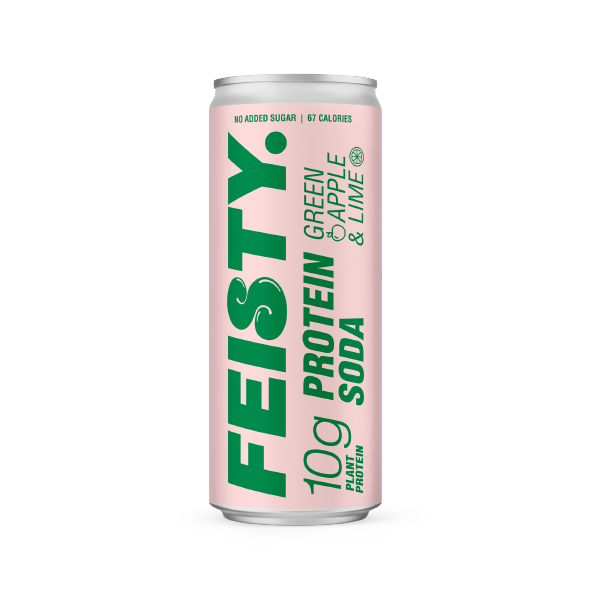
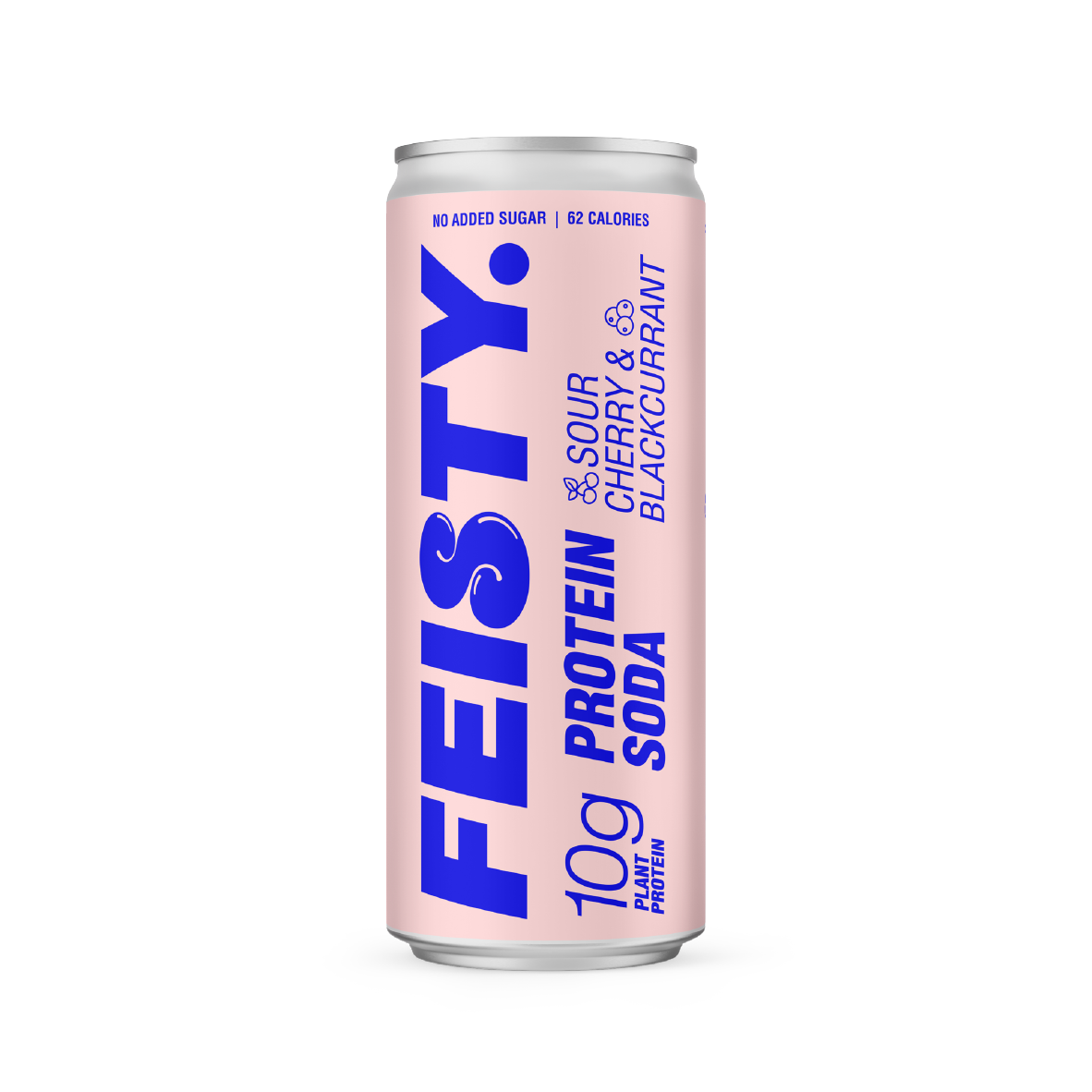
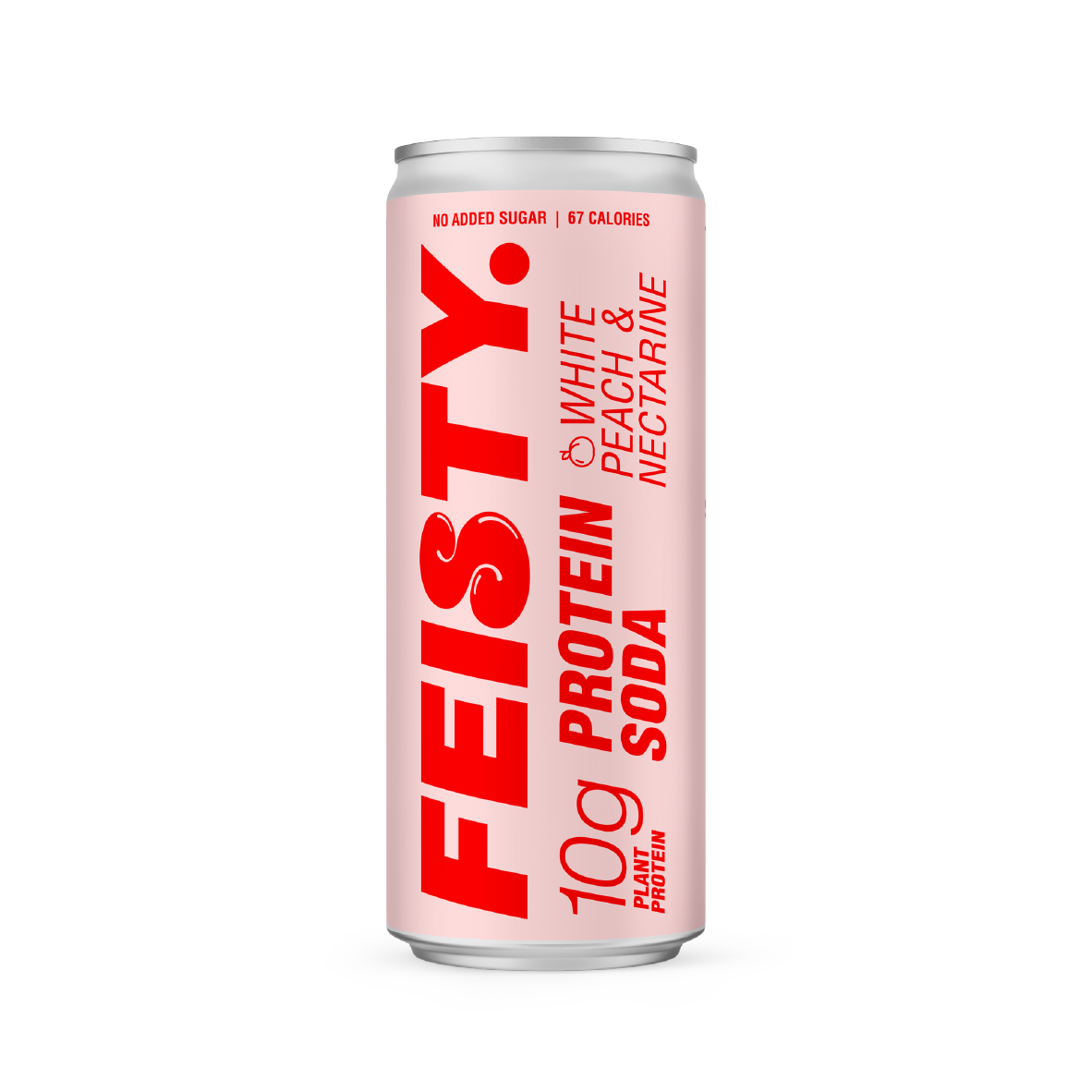
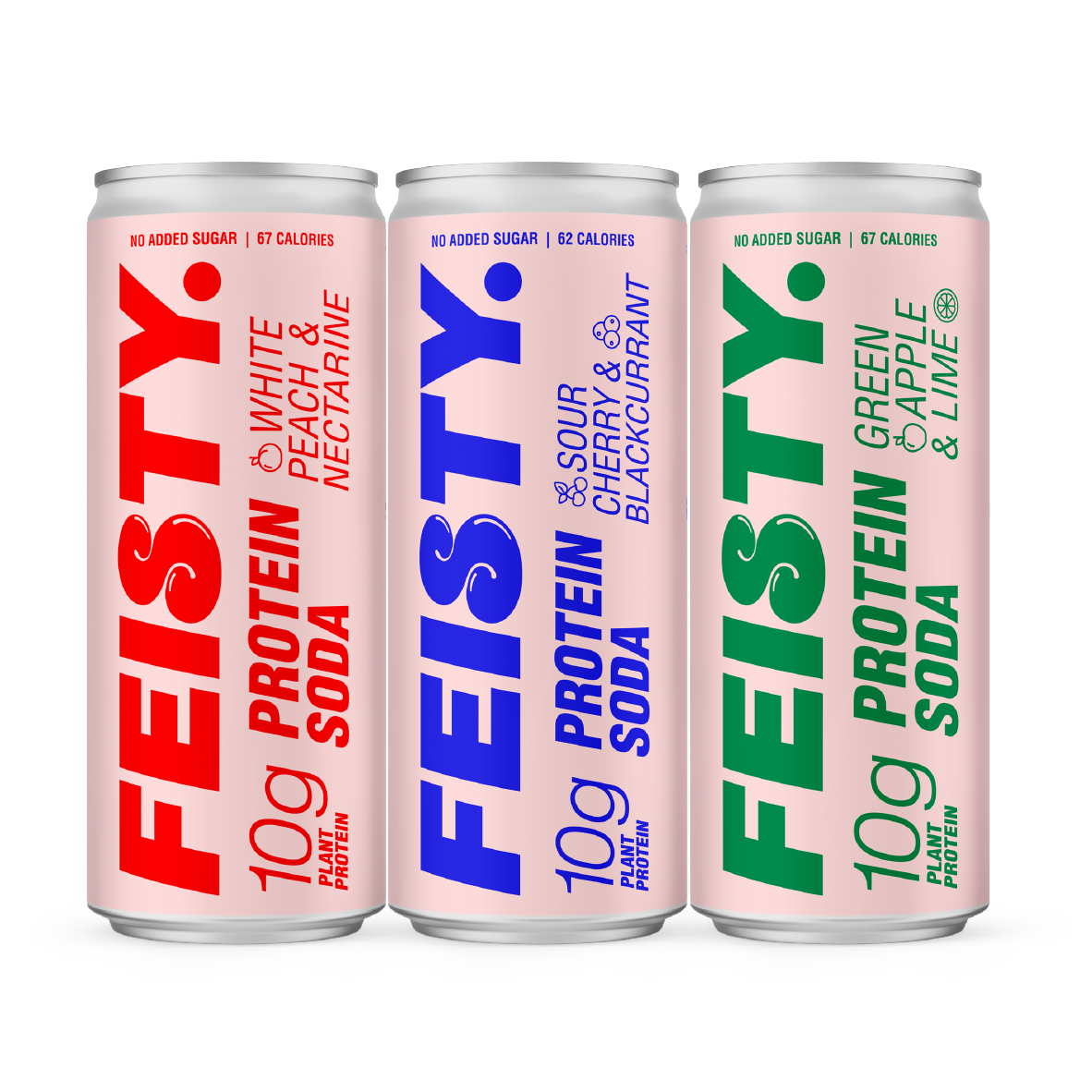
![Sicilian Lemon Lime Protein Soda [Limited edition]](http://feistydrinks.com/cdn/shop/files/FeistyDrinksProteinSoda10gramsSicilianlimelemon2_b8acb0e3-899b-45f9-bd87-d4215b80646d.jpg?v=1739397526&width=3000)
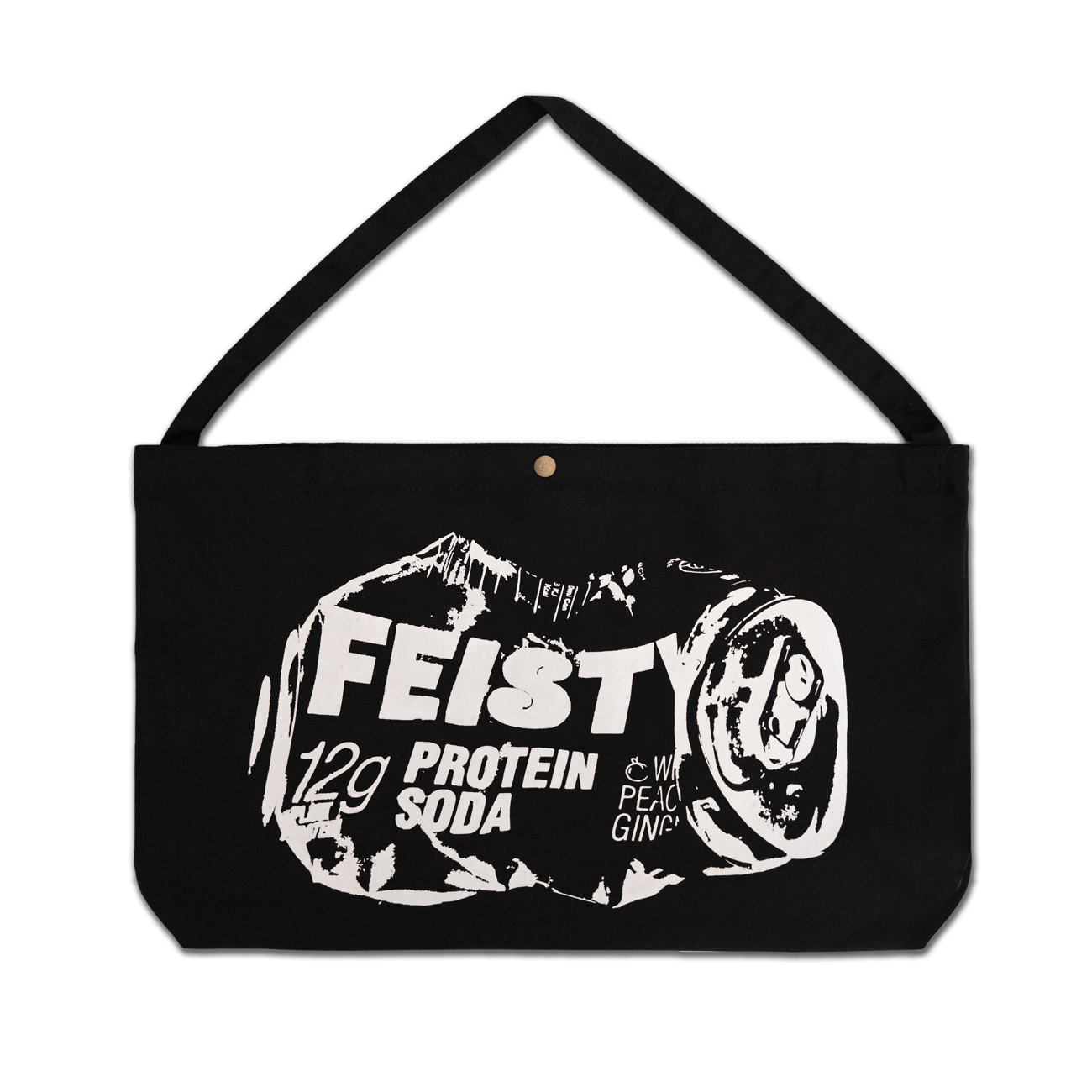


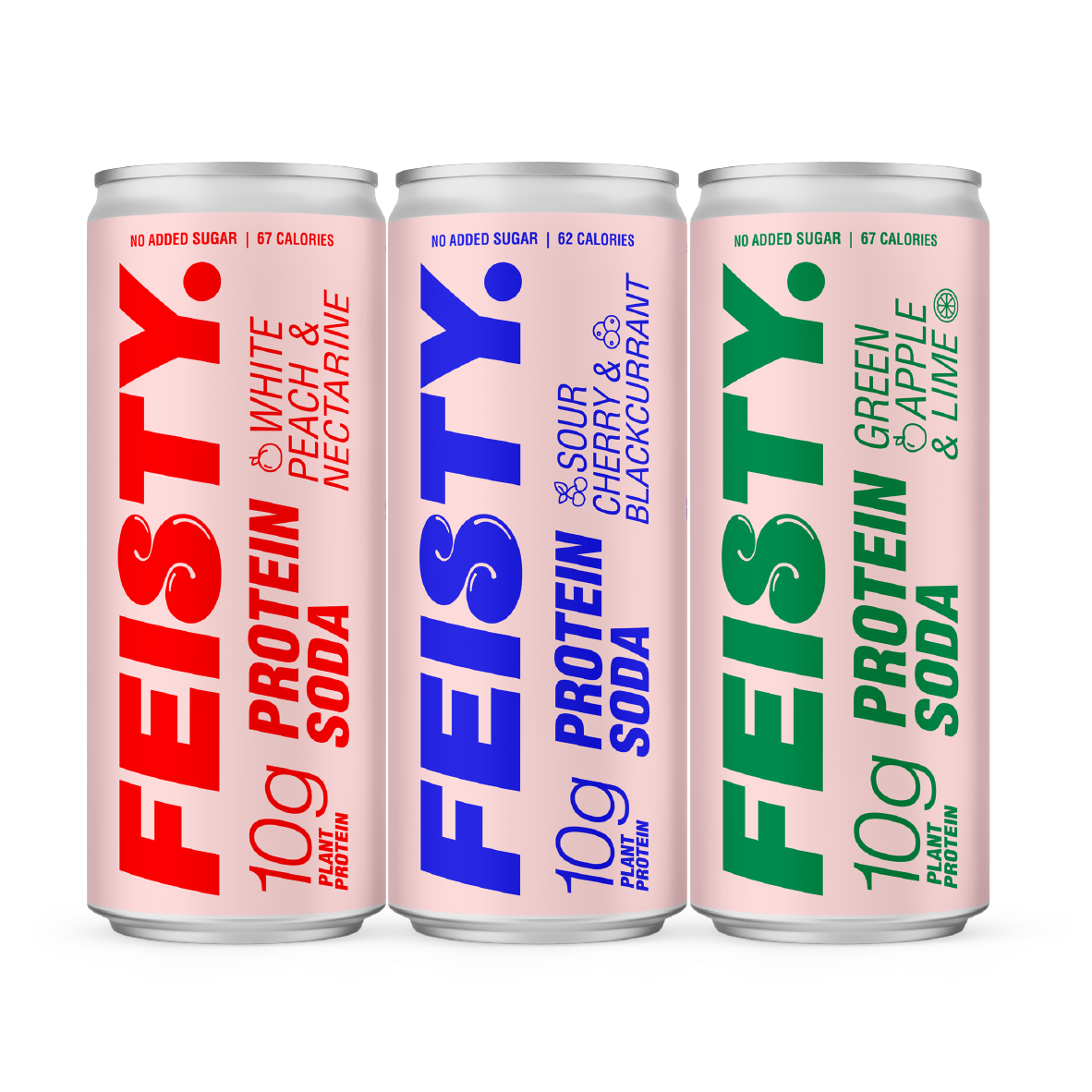
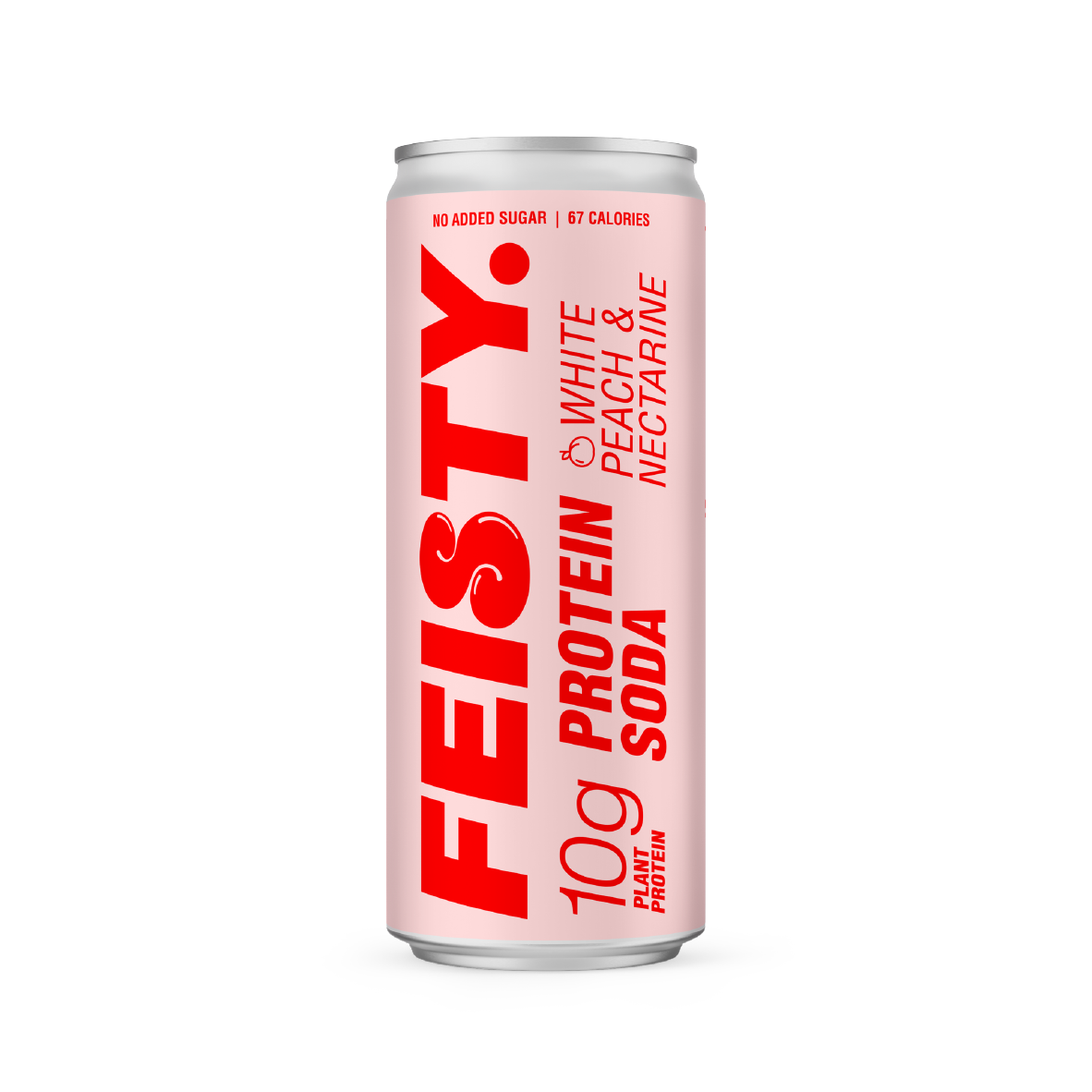
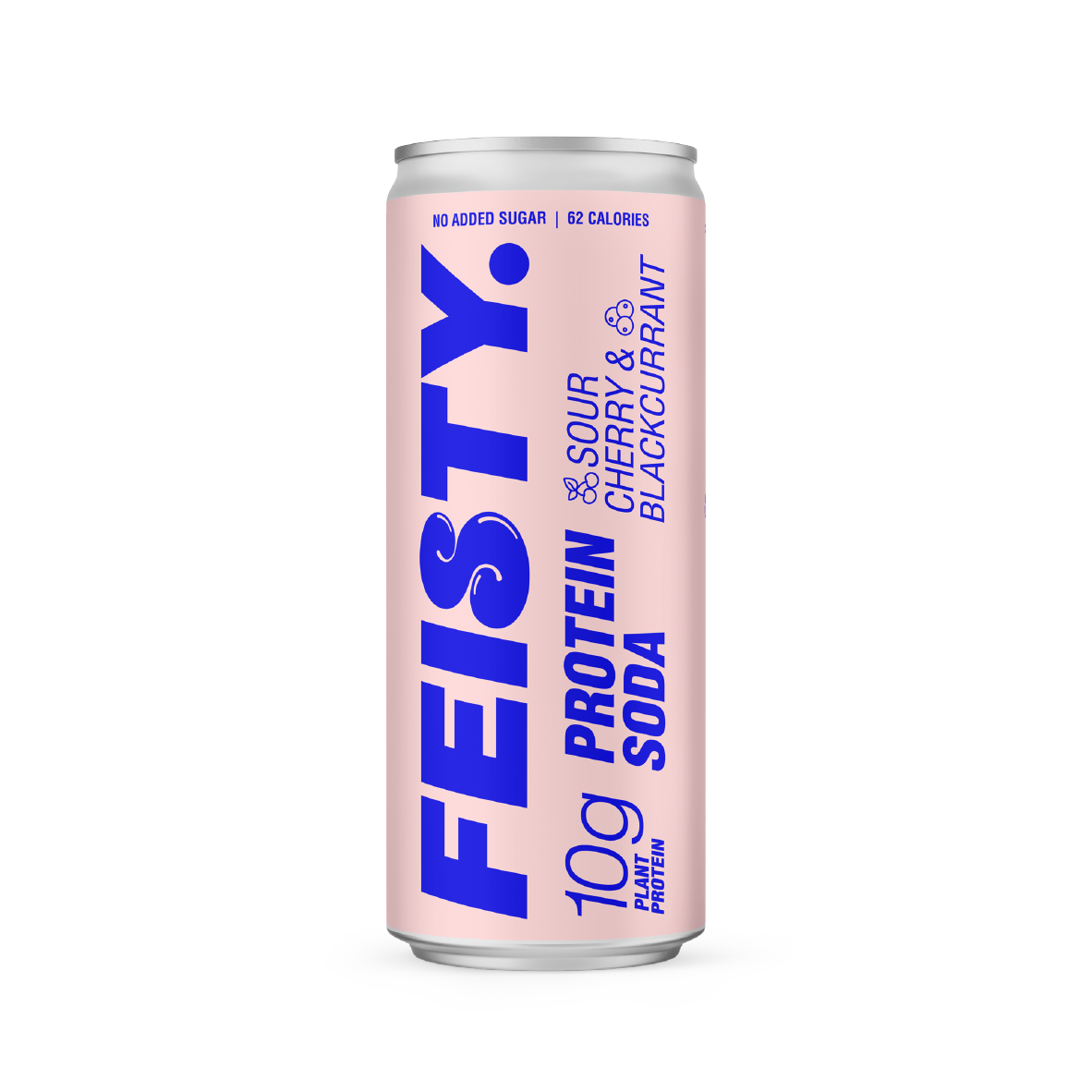
![Sicilian Lemon Lime Protein Soda [Limited edition]](http://feistydrinks.com/cdn/shop/files/FeistyDrinksProteinSoda10gramsSicilianlimelemon2_b8acb0e3-899b-45f9-bd87-d4215b80646d.jpg?v=1739397526&width=2000)
